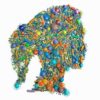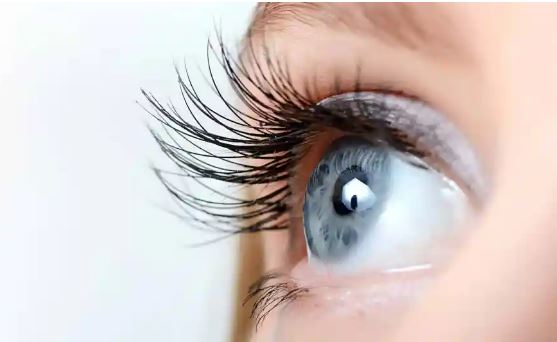We get asked this question very often: Are prostaglandins bad for you?
Prostaglandins are naturally occurring compounds in the body that play important roles in a variety of physiological processes. They are derived from essential fatty acids found in foods such as fish, nuts, and seeds, and they play roles in functions such as blood flow, inflammation, and hormone regulation. While prostaglandins are necessary for health, too much of them can be harmful.
Prostaglandins can cause inflammation in the body, which is one of the main reasons they can be harmful. Inflammation is a normal reaction to injury or infection, but when it becomes chronic, it can cause a slew of health issues. Prostaglandins play a role in the inflammatory response, and their overproduction can result in chronic inflammation, which has been linked to a variety of diseases, including heart disease, cancer, and Alzheimer’s disease.
Prostaglandins can also contribute to cancer development. Prostaglandins have been shown in studies to promote the growth of cancer cells while inhibiting the immune system’s ability to fight them. This is because prostaglandins can stimulate blood vessel growth in tumours, allowing them to receive the nutrients they require to grow and spread. Furthermore, prostaglandins can impair the immune system’s ability to detect and destroy cancer cells.
Prostaglandins can also be harmful to the cardiovascular system. They can cause blood vessel constriction, which can lead to high blood pressure and increase the risk of heart disease. Prostaglandins can also help blood clots form, which can lead to heart attacks and strokes.
Prostaglandins can also be harmful to the cardiovascular system. They can cause blood vessel constriction, which can lead to high blood pressure and increase the risk of heart disease. Prostaglandins can also help blood clots form, which can lead to heart attacks and strokes.
Prostaglandins can also be harmful to the reproductive system. They can cause cramps and pain during menstruation and can contribute to the development of endometriosis, a condition in which the uterine tissue grows outside of it.
To mitigate the negative effects of prostaglandins, it is critical to eat a healthy diet rich in omega-3 fatty acids and low in saturated fats. Omega-3 fatty acids can help to reduce prostaglandin production, which can help to reduce inflammation and the risk of various diseases. Regular exercise is also important for reducing inflammation and improving overall health.
So are prostaglandins bad for you? While they are necessary for health, an excess of them can cause a variety of health issues such as chronic inflammation, cancer, cardiovascular disease, osteoarthritis, and reproductive issues. Maintaining a healthy diet, getting regular exercise, and considering medication under the supervision of a healthcare professional are all important ways to reduce the negative effects of prostaglandins.
Are prostaglandins bad in eyelash products? The answer depends on their type and concentration. Prostaglandins can have a variety of effects on the body. Prostaglandin derivatives, such as bimatoprost and latanoprost, are used in many eyelash products to promote eyelash growth. However, they can also have negative side effects.
Are prostaglandins bad even in very small quantities? Despite prostaglandin levels in eyelash serums being normally low, people may have a negative reaction to even trace levels of prostaglandins in eyelash serum.
The most common side effect associated with the use of prostaglandin derivatives in eyelash products is a permanent darkening of the iris. This is more common in people with lighter-colored eyes. Other side effects include increased brown pigmentation of the skin around the eyes, as well as redness, irritation, and itching.
It’s also worth noting that the FDA hasn’t approved the use of prostaglandin derivatives in eyelash products. They are only allowed to be used to treat glaucoma and other eye conditions. Using these derivatives in eyelash products is considered off-label use, which means that the FDA has not fully evaluated the safety and efficacy of these products.
In conclusion, prostaglandin derivatives can promote eyelash growth, but they can also cause potential side effects such as iris darkening, redness, irritation, and itching, as well as an increase in the brown pigmentation of the skin around the eyes. Furthermore, the use of prostaglandin derivatives in eyelash products is not approved by the FDA and is considered off-label use. If you’re thinking about using a prostaglandin derivative-containing eyelash product, consult with your health professional or dermatologist first and weigh the potential benefits and risks.
If you prefer to try a prostaglandin-free Eyelash and Eyebrow Serum take a look at skinara skincare.








You must be logged in to post a comment.